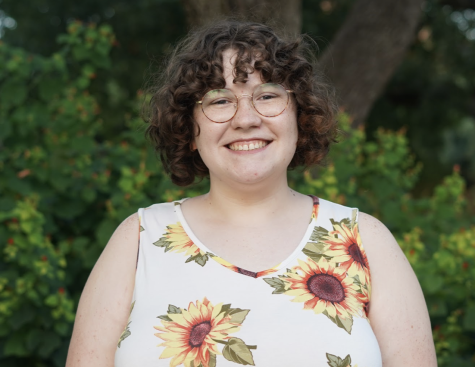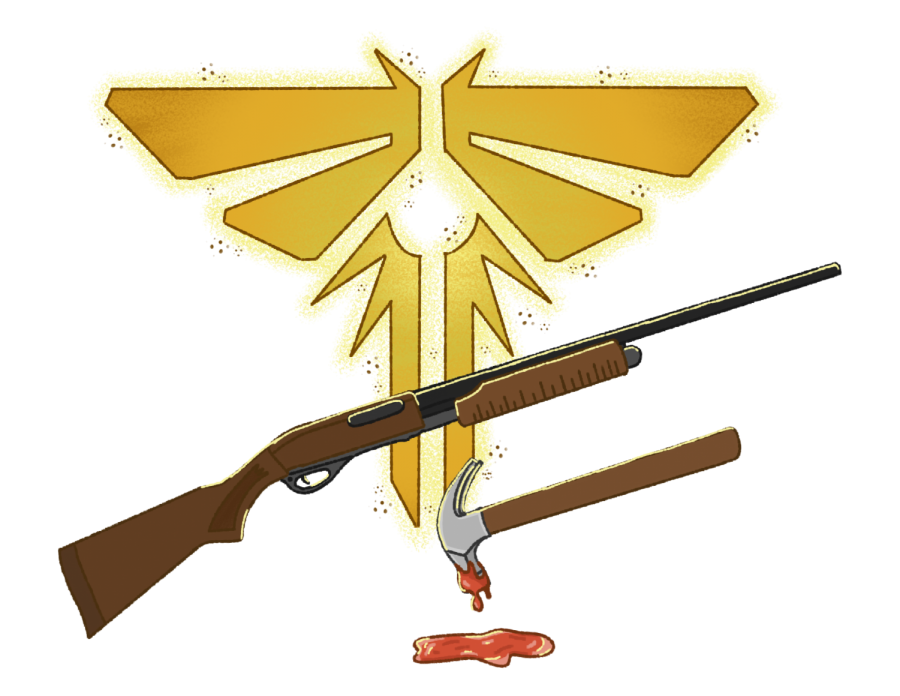An Eye for an Eye: In Defense of “The Last of Us Part II” Part Three
The game allows for reconceptualizing revenge in video game story arcs
Rather than be a game strictly about a wronged character going on a ruthless rampage in search of the person who wronged them, “The Last of Us Part II” pulls a different sort of trick. The game is what I see as a sort of anti-revenge game, and I would like to compare it to Jennifer Kent’s 2018 film “The Nightingale.”
The film takes place in Tasmania during the early 1800s and follows an Irish convict named Clare seeking out a high-ranking officer who committed a horrible act against her and her family.
At first glance, one would assume that the film is of the rape-revenge subgenre of horror films, but what separates “The Nightingale” from the rest of the genre is that its disturbing content doesn’t feel like it’s mere shock value. It shows the absolute worst that can happen to someone in order to not only fuel their revenge, but then make the protagonist ask herself: Is it worth it? Revenge is portrayed as something that completely tears away at one’s soul. It’s never shown to actually provide any sense of relief or catharsis.
And that’s exactly the approach that The Last of Us Part II decides to take.
Ellie’s section of the story is absolutely brutal. The violence in the original game was already pretty brutal, but this sequel takes it so much further. Basically, whenever you kill one person, someone else will yell their name, or something like “I’ll kill you, you fucking monster!” It’s much more uncomfortable when the antagonists aren’t so clear-cut good or evil and when they’re just … people. By the midway point, Ellie has brutally tortured a woman for information, and when she returns to her hiding spot with her pregnant girlfriend Dina, she is completely broken. Ellie is terrified of what she’s capable of, but she knows that she can’t stop. So in spite of the impact this has, Ellie kills Abby’s remaining friends which include a very visibly pregnant woman (in a parallel of sorts to Dina). This leads to Abby finding Ellie’s hiding spot and holding her at gunpoint before a cut to black.
This is when we discover Abby’s reason for killing Joel. We see her as a teenager with her father, and it’s revealed that he was one of the doctors who Joel killed at the end of the first game. But in spite of killing Joel, she still has nightmares about her father dying. And in a decision that further infuriated many fans, we replay Ellie’s entire chunk of gameplay but from Abby’s point of view. It’s instead a redemption arc that shows her reasoning and regrets, leading into a conflict with warring tribes before finding all of her friends dead, taking us back to the fight between Ellie and Abby.
Abby gets the upper hand, putting a knife to Dina’s throat before ultimately deciding to let them live. Dina and Ellie are living on a farm raising Dina’s child, while Abby and her new friend Lev are looking for the remaining Fireflies before being captured by scavengers. Ellie is suffering from PTSD, and after receiving information from Tommy, she leaves Dina in the middle of the night to find and kill Abby.
She is easily able to find Abby and Lev, and despite Abby having been tortured for days at this point, Ellie forces her to fight. It’s an even more brutal confrontation, with Abby biting off one of Ellie’s fingers. But as Ellie is drowning Abby, she gets flashbacks of Joel and decides to let her go.
The game ends with her returning to her and Dina’s farmhouse, which is now empty, as she remembers her good and bad times with Joel and leaves. There is a bit to be interpreted from this ending. Earlier, Dina had threatened to leave if Ellie sought out Abby. But what should be noted is that Ellie doesn’t call out for Dina when she enters the farmhouse, so it’s very possible that she is still with Dina and that she’s just getting one last look at the house, symbolically letting the past go. But it can also be implied that her quest for revenge cost her everything. It’s a perfectly bleak ending to an incredibly bleak game.
In conclusion, “The Last of Us Part II” is a truly fantastic game about the cycle of violence and the problems with revenge, which is a unique kind of story for games to tackle. I personally feel that the discourse surrounding the game was prompted by people who weren’t ready to play a game like this, let alone a sequel to an already beloved game. But in the end, I truly hope that this is a jumping-off point for other games to have bold stories like this. Rather than just continuing to make revenge stories, it would be best to make stories about forgiveness and the negative impacts of violence like this.

Hello! My name is Om Dighe (he/they), and I am an Arts Columnist. I am a senior from Spring, TX, majoring in Communications and double minoring in Film...

I'm a senior Computer Science major and a Classical Studies minor from Newton, North Carolina with a passion for art. I also work at the Center for Experiential...



